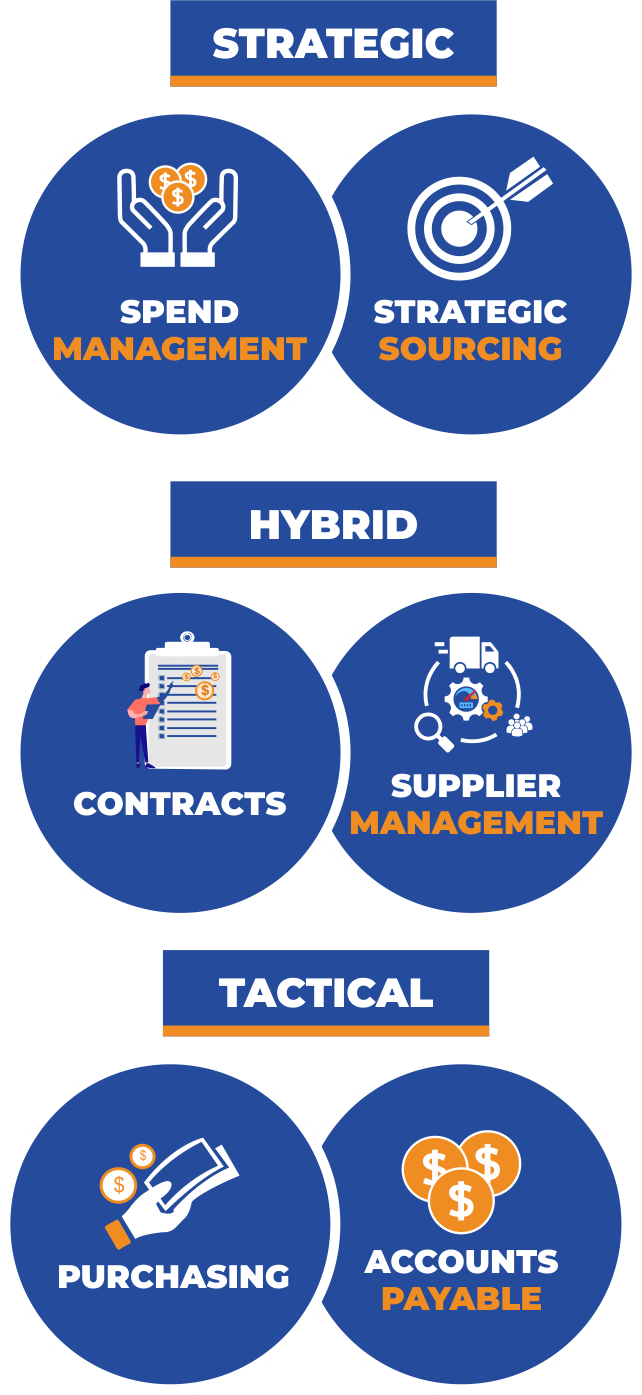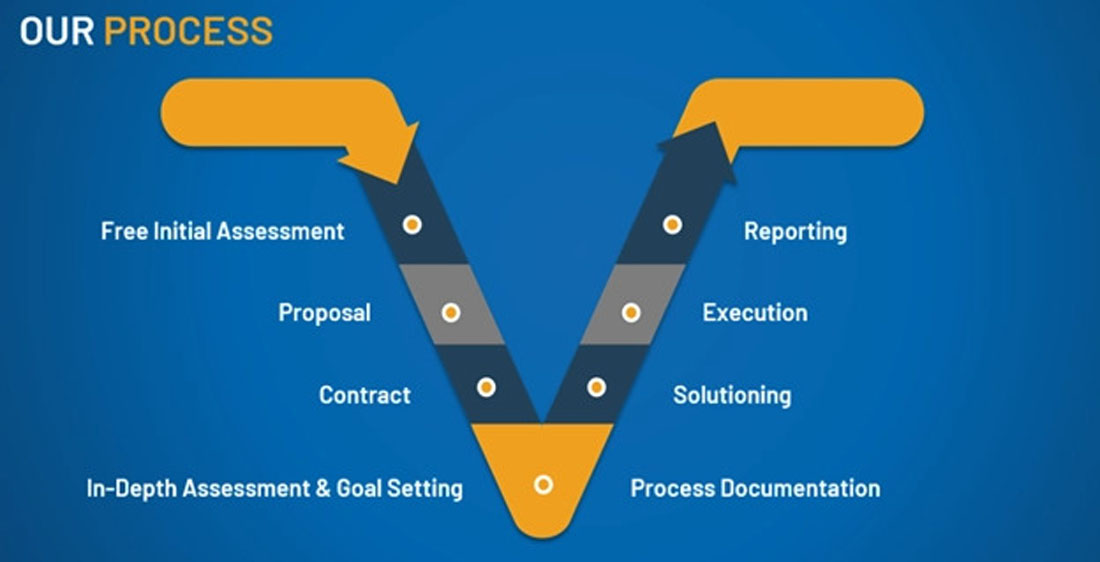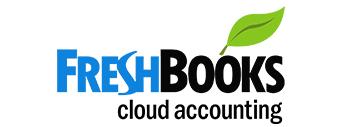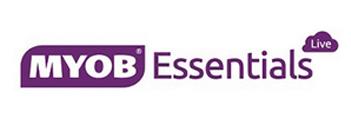- Consulting
- Acumatica ERP
- CRM Consulting
- Cybersecurity
- Digital Transformation Consulting
- ERP Consulting
- Full Stack Digital Marketing Consulting
- Human Resources and Talent Management
- Process Optimisation
- Procurement as a Service
- Supply Chain and Logistics
- Sustainability and Climate Change
- Third Party Vendor Management
- View More
- Digital Transformation
- Staff Augmentation
- RPA Developers
- Data Analysts & Data Scientists
- Big Data Specialists
- Conversational AI Developers
- Process Automation Specialists
- Fractional C-Level Service
- Business Intelligence Analysts
- Database Administrator
- Full Stack Developers
- AI and Machine Learning Specialists
- Digital Transformation Specialists
- Finance and Accounting
- Paralegal
- Paraplanner and Virtual Assistant
- Project Managers
- Loan Processing
- NDIS Administration
- Zoho Developers
- View More
- Learning
- Industries
- About
- Insights









































